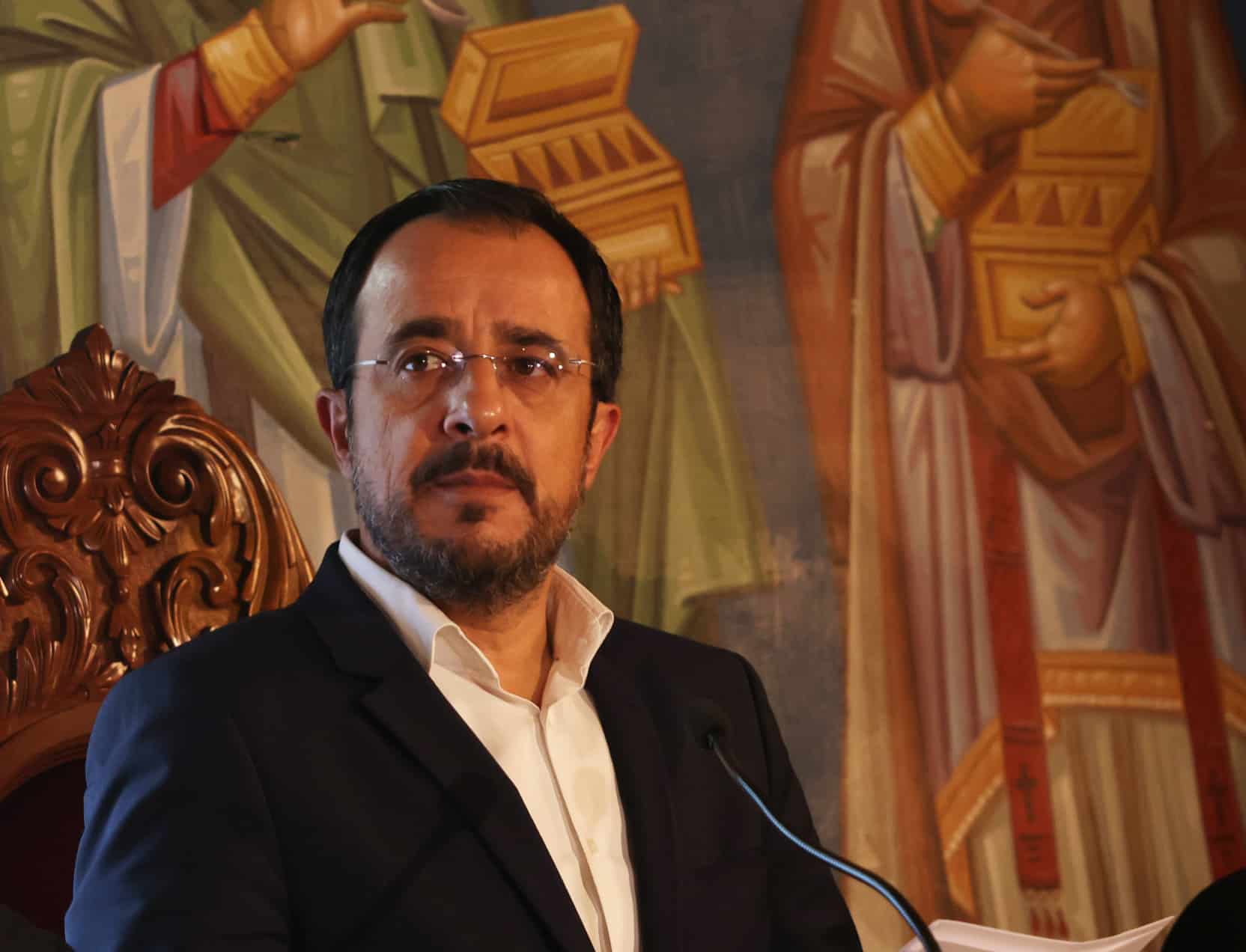The inevitable public outcry followed the revelation that President Nikos Christodoulides, apart from his salary, was being paid a monthly state pension of €1300. It was ethically unacceptable and provocative that he was drawing a state pension from the age of 45 on top of a hefty state salary, first as foreign minister and now as president, at a time of a soaring cost of living when tens of thousands of people could not make ends meet, his critics said.
They had a point, but Christodoulides was legally entitled to draw a pension once he resigned as a public servant. There is provision in the Pensions Law of 1997 which states that when a public employee retires “for reasons of public interest, to take state office, incompatible with the position he/she holds” they are eligible to a retirement bonus and pension. That there is such a provision in the law is scandalous, but it is a reflection of the way the state pension system is designed exclusively for the benefit of public employees and politicians.
By what reasoning is a public employee paid a pension as soon as he leaves the public service to become a minister? In what other sector would someone who voluntarily quits his job for another postion be entitled to collect a pension, 10 or 20 years before reaching the legal retirement age? This is just another outrageous privilege granted to the Republic’s labour aristocracy. Interestingly, none of the politicians that criticised the president said anything bad about the scandalous provision in the pensions law – they are also beneficiaries of preferential treatment – restricting their attacks on Christodoulides’ refusal to waive his right to the pension.
Responding to the public outcry, however, the House finance committee said it would discuss the issue of multiple pensions as well as the pensionable age of ministers and deputies which for some peculiar reason is 60, five years lower than for the rest of the population. The committee would also try to regulate, it was said, the issue of public sector retirees who are appointed to state positions and collect a salary as well as their pension. On this issue there has been a bill, tabled by Averof Neophytou, gathering dust at the committee since 2016. Attempts to end the multiple pensions by law were rejected by the supreme court, which ruled that pensions had ownership status that could not be alienated.
Government spokesman Constantinos Letymbiotis on Friday repeated the president’s and government’s commitment to helping the legislature make the necessary changes so that the pension issue as well as that of multiple pensions was settled, in a way that does not violate the constitution. He was purposely vague, illustrating that the government does not want to take the lead on such a matter and would leave it to the political parties, which will most probably forget about it once the public fuss dies down to protect the interests of deputies.
The parties could set a good example by putting an end to this preferential treatment extended to deputies and ministers, who are entitled to collect their state pension at the age of 60 when the rest of the population has to wait until 65. This is a blatant case of legalised inequality, voted by deputies for their personal benefit. Add to this the fact that they collect pensions and retirement bonuses, to which they have not contributed and are much higher than their respective years of service would justify. But our deputies have always put their personal interests above everything.
Deputies and officials, like the civil servants, have plundered the social insurance fund for decades. Public employees hired before 2012 are guaranteed huge pensions despite contributing nothing from their wages towards them. Those hired after 2012 are contributing towards their pension every month, but the non-contributing public employees will be collecting big fat pensions for many years to come. These people who number in the tens of thousands, put the social insurance fund under much greater strain than four dozen people on multiple pensions, but no government would dare rationalise these pensions which are morally, politically and legally unacceptable.
Next year, contributions to the social insurance fund are set to increase to ensure its viability. Why has no thought been given to reducing the pensions of public employees, who have contributed nothing towards them, by 10 or 15 per cent to ensure the fund’s viability? Even after such a cut was imposed, they would still be the country’s highest-paid pensioners and an element of economic rationality and justice would be introduced. A country with a rising life expectancy and a falling birth-rate cannot survive by paying pensioners, who contribute nothing to wealth-creation, a monthly income that is three times the average wage of people involved in productive work. At some point, in the not-too-distant future, this system will become unsustainable.
The overall rationalisation of the pension system is what the House finance committee should be discussing when it meets, and it should be demanding action from the government on the payment distortions that threaten the whole system, because it is these that will put people’s state pensions at risk.







Click here to change your cookie preferences